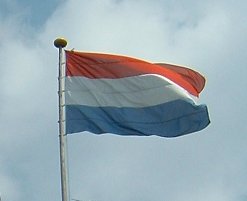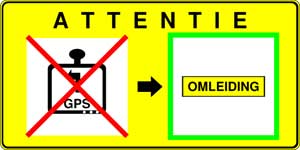
An online survey carried out by rtlz.nl and Dutchnews.nl with 1,123 respondents (including myself) revealed to anyone who hadn’t heard this before that expats find it really difficult and even ‘almost impossible’ to make friends with the Dutch, and tend to stick with other expats, which doesn’t help them integrate.
Many expats in the Netherlands come from Germany and England, two thirds of which are men and have an average age of 34, often considered an age at which people already have their groups of friends. An additional explanation is that since many expats don’t stay for long (three to five years), the Dutch won’t bother making new friends with people that won’t be there in a few years.
Work remains the number one place to make friends and sports clubs, the second. In fact, the Netherlands is often compared to a big sports club you need to be a member of in order to integrate. And of course learning Dutch will also help any expat loads, although when everyone around them constantly switches to English, it’s a major obstacle.
Rtlz.nl brought up a nice cultural example, which was if a Dutch person invites you over to their place at 8 pm, many expats expect it to include dinner because many of them eat at 8 pm or later, like the Spanish. The unwritten rule is that the Dutch eat at 6 pm and have had dinner, so don’t expect a meal. The funny thing is, the trains are full of Dutch people not eating dinner at 6 pm, so I dare say this unwritten rule needs to go. I was recently invited at 8 pm by Dutch folks, ate dinner before I came over and then was unexpectedly served dinner again because they wanted to accommodate the non Dutch folks, but hadn’t told anybody. I guess communication is key, but let’s call it an improvement for both sides.
(Links: www.rtlz.nl, www.dutchnews.nl, Photo by Quistnix, licensed under Creative Commons Attribution 1.0)



